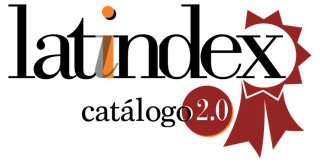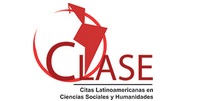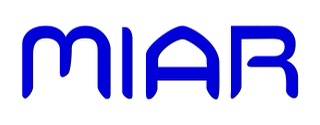
n. 28 (14): Cognición, aprendizaje y educación. Noviembre 2023-febrero 2024

¿Cómo aprende el ser humano? ¿Cuáles son los mecanismos que ocurren al interior de la mente humana para que sea posible la adquisición de conductas, conocimientos, actitudes e incluso sesgos cognitivos? Y lo que es aprendido, ¿de qué manera modifica las características cognitivas del individuo? ¿Cuál es el rol de la enseñanza formal sobre la cognición? ¿Cómo aterrizar los avances de las ciencias relacionadas con el cerebro y/o la mente humana en estrategias que favorezcan el aprendizaje?
El avance tecnológico, que desde el siglo pasado hemos experimentado, ha tenido un fuerte impacto en la educación y también en los hallazgos de disciplinas que, en un inicio, no se relacionaban directamente con el campo educativo, como, por ejemplo, las neurociencias. Sin embargo, actualmente se observa un interés creciente de parte de investigadores del campo de la educación en comprender la mente humana y el cerebro que aprende, ya sea que se trate de aprendizajes escolares como la lectura, la escritura y el cálculo, como también aprendizajes que permiten la convivencia social y el bienestar emocional, cuyo impacto trasciende el ámbito escolar. Así, a través del diálogo interdisciplinar, la investigación enriquece el estudio del fenómeno educativo y amplía sus posibilidades de comprensión, intervención y transformación social.
En este número 28 de la revista electrónica Diálogos sobre Educación. Temas actuales en investigación educativadeseamos dar cuenta de hallazgos de investigación, reflexiones teóricas o ensayos en donde se aborde la relación entre las ciencias cognitivas, las neurociencias y la psicología cultural con el aprendizaje, en contextos de educación formal, no formal e informal, a través de investigación básica y aplicada.
Coordinadores: Teresita de Jesús Montiel Ramos - Universidad de Guadalajara. Gerardo Restrepo – Université de Sherbrooke, Canadá.












